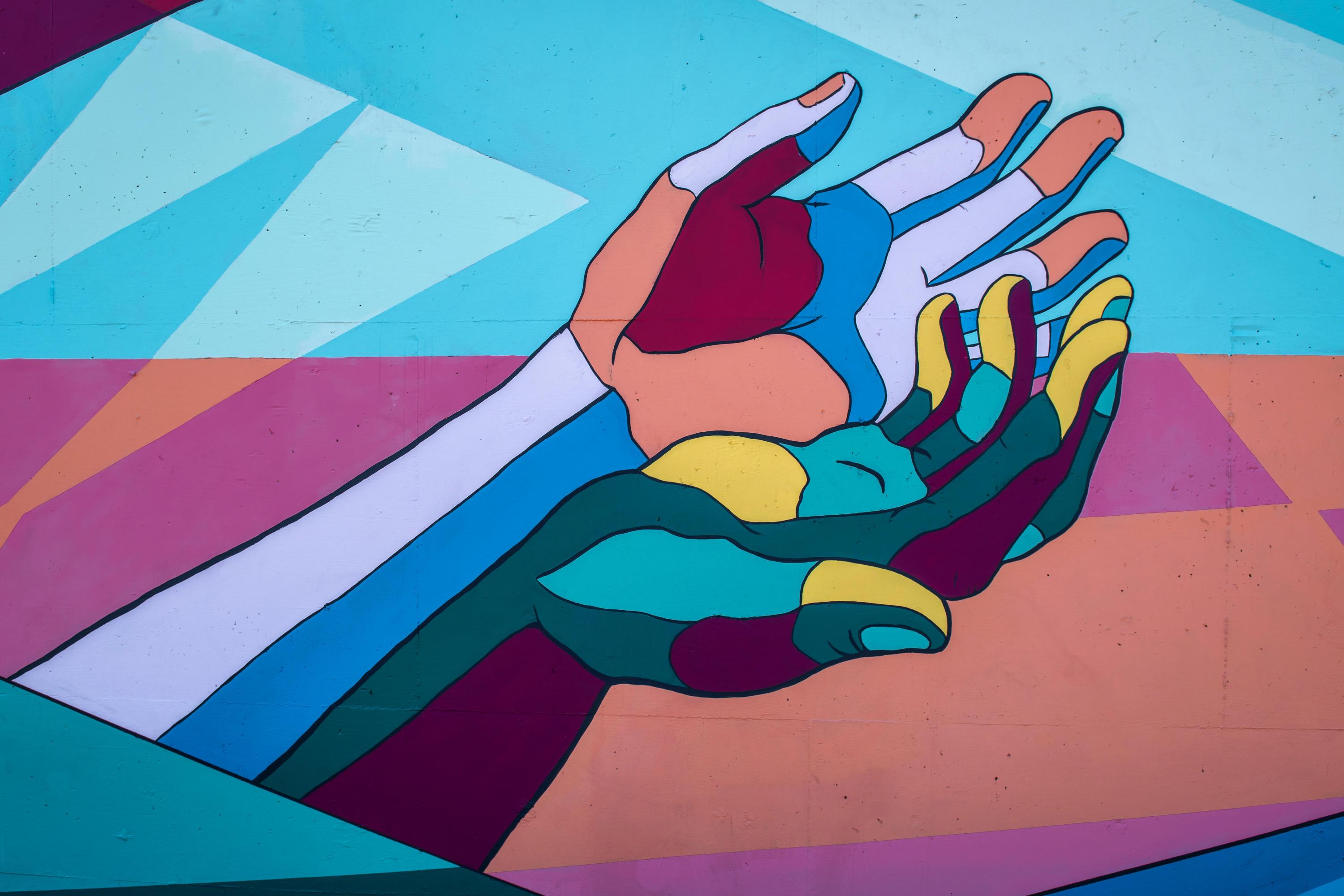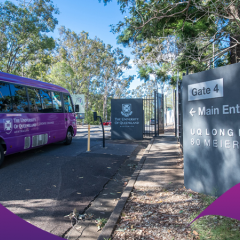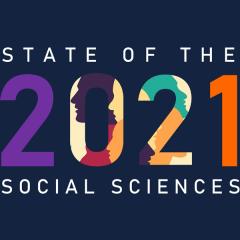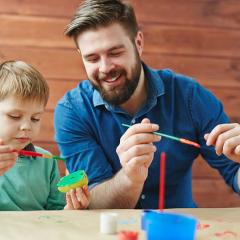There is increasing concern about the challenges that young people face as they grow up today. And who can blame them when you look at the uncertain environment in which we live: framed by climate change, political uncertainty, and job insecurity to name but a few. As a result, young people face extraordinary pressures in an ever-changing environment and this can have significant impact on their health and wellbeing. At the same time, young people are demonstrating resistance or reluctance to identify with normative gender and sexual identities. Recognition of this community of diversity offers new opportunities and challenges in how we understand, and seek to improve, young people’s health and wellbeing.
 One particular source of concern is climate change. More variable and extreme weather conditions are expected (and indeed already apparent), but surprisingly little is known about their effects on people's mental health. The matter is surrounded by uncertainty and anxiety. Sara Mejia Munoz joined ISSR as a UQ Summer Scholar to work with Professor Lisa McDaid on a project exploring the impact of this uncertainty on the health of young people who identify as lesbian, gay, bisexual, trans, or queer (LGBTQ+), a group known to be at particular risk of mental ill-health.
One particular source of concern is climate change. More variable and extreme weather conditions are expected (and indeed already apparent), but surprisingly little is known about their effects on people's mental health. The matter is surrounded by uncertainty and anxiety. Sara Mejia Munoz joined ISSR as a UQ Summer Scholar to work with Professor Lisa McDaid on a project exploring the impact of this uncertainty on the health of young people who identify as lesbian, gay, bisexual, trans, or queer (LGBTQ+), a group known to be at particular risk of mental ill-health.
To start, Sara conducted a scoping review of available literature on the relationship between communities of diversity, young people, climate change, mental health, and empowerment. We found no published research addressing all of these topics in combination. Research does suggest that acute weather events (e.g., forest fires, floods, earthquakes, hurricanes, and cyclones) and sub-acute events (severe periods of extreme heat, droughts and decreasing temperatures) can impact on mental health. Just the idea of climate change as a global threat has wellbeing implications, resulting in distress and anxiety about the future. This can be particularly acute for young people, with one survey[1] in Australia reporting a quarter of the children who participated were worried the world environment would come to an end before they get older. However, young people also have the capacity to translate a sense of helplessness into hope, which gives them the potential to face the unknown and take action (and the school strikes for climate change are just one example of young people capitalising on the strengths that they have to affect change). This opportunity to solve a problem or take control of part of the solution can contribute to increasing empowerment. With a history of activism within LGBTQ+ communities, this empowerment could present a source of support and promote wellbeing.
 In the second stage of the project, Sara conducted an exploratory analysis of 40 in depth interviews from the Sexual Health of Young Queer Queenslanders (SHYQQ) Study (led by Dr Lisa Fitzgerald at the UQ School of Public Health). SHYQQ is examining gender and sexually diverse young people’s perspectives on identity, social connections, and health and wellbeing. Although not specifically asked about climate change and empowerment, it did help to explore the participants' uncertainty about the future and the importance of being part of a community as part of coping strategies. The analysis of the interviews confirms the importance of empowerment as a factor that may promote individual well-being among LGBTQ+ young people, and which may also have an impact at the community level due to the importance of connecting young people with each other, and with a larger LGBTQ+ community.
In the second stage of the project, Sara conducted an exploratory analysis of 40 in depth interviews from the Sexual Health of Young Queer Queenslanders (SHYQQ) Study (led by Dr Lisa Fitzgerald at the UQ School of Public Health). SHYQQ is examining gender and sexually diverse young people’s perspectives on identity, social connections, and health and wellbeing. Although not specifically asked about climate change and empowerment, it did help to explore the participants' uncertainty about the future and the importance of being part of a community as part of coping strategies. The analysis of the interviews confirms the importance of empowerment as a factor that may promote individual well-being among LGBTQ+ young people, and which may also have an impact at the community level due to the importance of connecting young people with each other, and with a larger LGBTQ+ community.
Sara’s project has demonstrated that there is a significant knowledge gap in understanding of young LGBTQ+ people’s mental health, and how such a community of diversity could be a source of empowerment in a time of uncertainty and anxiety. These findings will inform the future direction of the SHYQQ Study. In the next stage of interviews, we will ask our participants to consider connections between (mental and physical) health, different contexts (e.g. family, school, community and the environment), and different aspects of their social identities (e.g. sexuality, ethnicity, class). Working with our colleagues at the UQ School of Public Health, we will continue to explore how a community of diversity can be empowering and protective for navigating uncertainties around climate change and wellbeing.
[1] Tucci J, Mitchell J, Goddard C: Children's Fears, Hopes and Heroes: Modern childhood in Australia Melbourne: Australian Childhood Foundation; 2007.



